With this book Bryan Dietrich will be recognized as one of the leading poets of his generation. In the Bible the land of Nod, “east of Eden,” is where Cain goes into exile, and the sense of a post-lapsarian exile in this book is strong. The poems arise as a result of a head-on encounter between the family romance and sociological forces; between mythology and history; between traditional and popular culture; between science and sci-fi. Dietrich calls on both high and low registers of American diction and uses classic poetic measures as a springboard for his own syncopated riffs, the result stimulating to the ear and the mind. You could describe him as a hybrid of James Merrill and David Foster Wallace, but the work is so distinctively his own, it seems fair to characterize his poems as, simply, “Dietrichean.”
–Alfred Corn, author of Unions
In his stunning new collection, Starting to Nod, Bryan Dietrich‘s gothic sensibility—ever lush, generous, resourceful in its music, childlike in its sublimity and play—comes into unprecedented conflict and conversation with the harrows of divorce, dementia, and physical decay. Here are poems written at the turning point, when the mask of the marvelous slips to reveal something more raw, clear, immediate and lost, some picture of the ordinary work and loneliness in hiding. Always the boy escaping to his beloved horror flick where death fascinates and then it claims us, wakes us, makes us human, and the hero is trapped, the love challenged, and the blood, having run this deep, is real. In such a world, grief becomes indistinguishable from imaginative revival. As the poet puts it, “We live, that death may walk the earth.” This is work of extraordinary range and expressive power. A phenomenal book.
–Bruce Bond, author of For the Lost Cathedral
In his poem “Talismans,” Bryan Dietrich writes about the false promises of those “oldest of hopes” that “ensure the space between me and the coming cataclysm would never close.” Dietrich’s poems are those talismans, however, delicate footbridges swaying between the spaces of Nod and Eden, parent and child, horror and delight and the edges of Snake River Canyon. His poems suspend readers in these sumptuous, liminal spaces, carrying them with the magic of detail, form, and sound. Read these poems over and over. Savor them. Carry them like charms.
–Tania Runyan, author of Second Sky

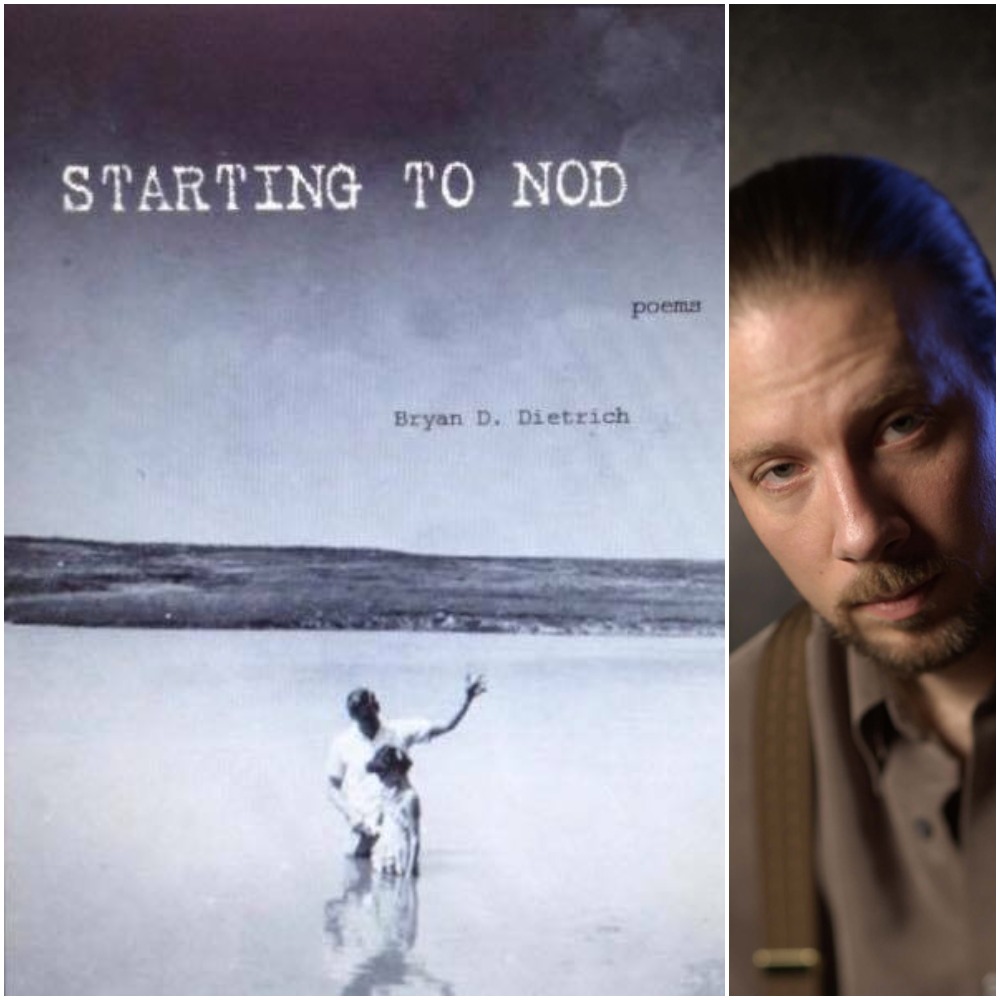
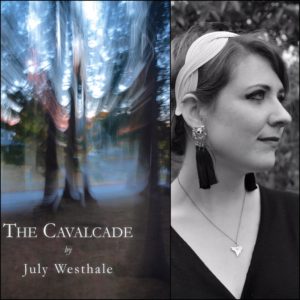
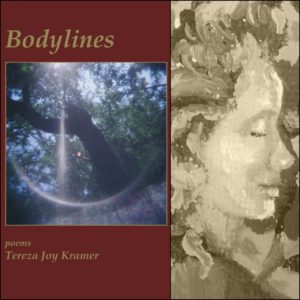
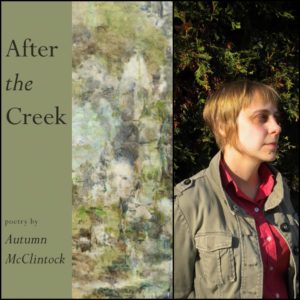
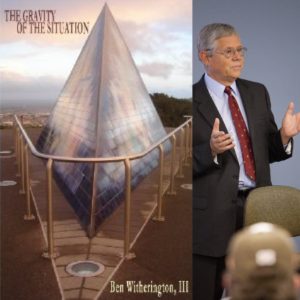
Reviews
There are no reviews yet.